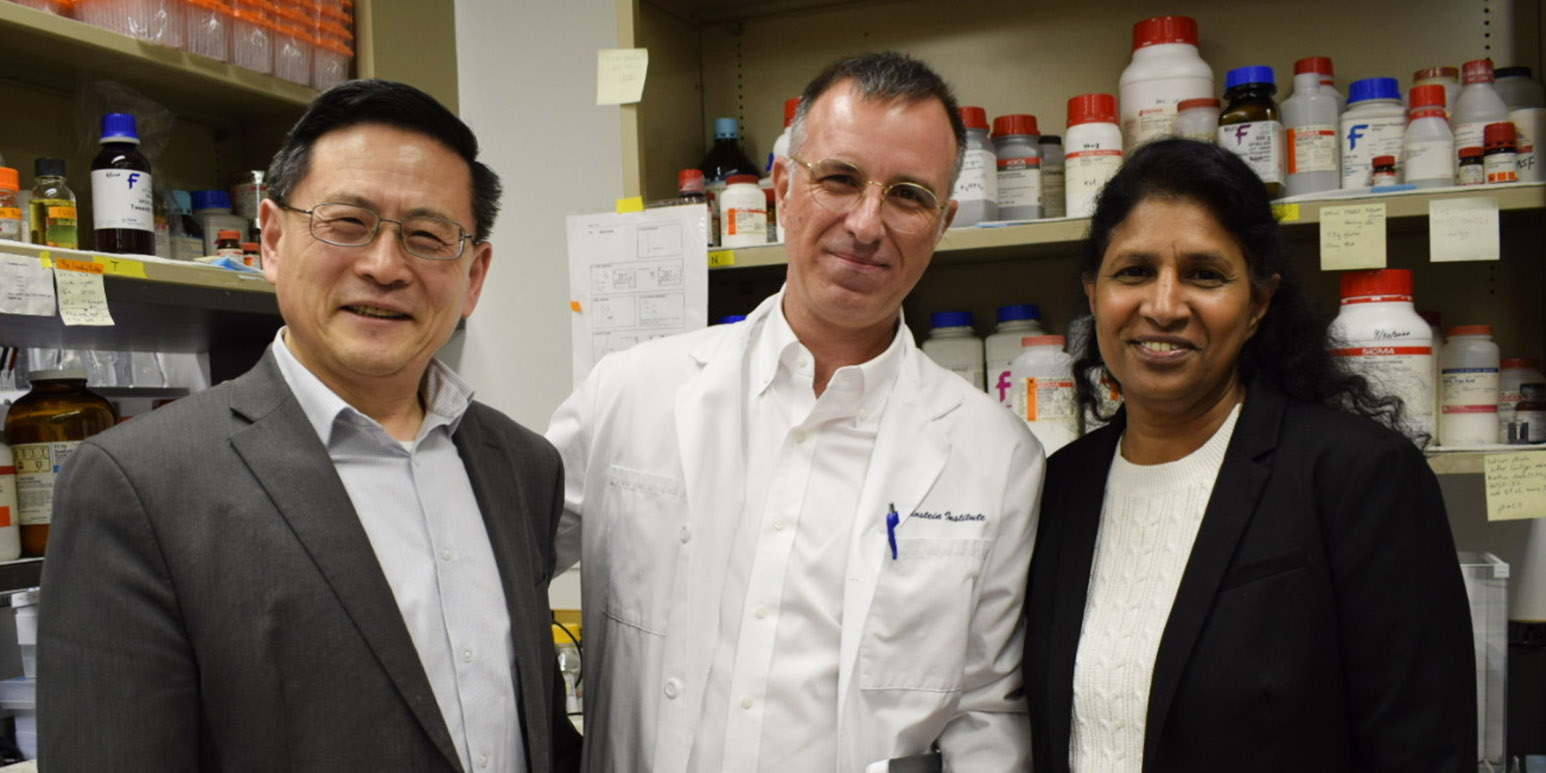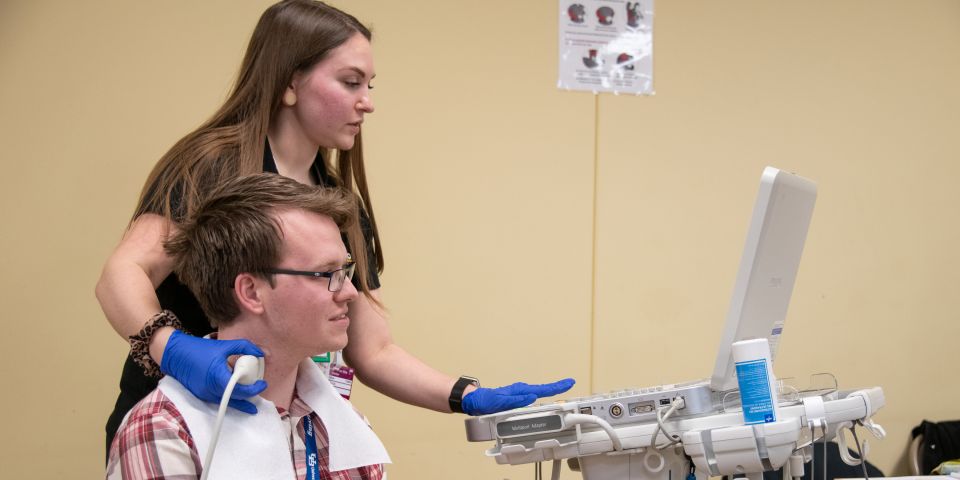High doses of radiation resulting from nuclear accidents, terrorism, or potential warfare scenarios can lead to GI-ARS, a severe condition characterized by damage to the intestinal lining, infections, and potentially death. Currently, there are no FDA-approved treatments for GI-ARS.
The recently awarded project will evaluate how ghrelin, which acts on the brain, is able to promote the recovery of intestinal stem cells via the vagus nerve.
Hunger hormone: Ghrelin is a hormone produced primarily by the stomach and in smaller amounts by the small intestine, brain, and pancreas. It is often called the “hunger hormone” because it plays a key role in stimulating appetite. Besides stimulating the appetite, ghrelin also influences gastric motility (how the stomach moves food through the digestive system) and acid secretion. It has other effects on the body as well, like influencing sleep and mood.
The NIH-funded research, which will focus on the protective effects of ghrelin in mitigating radiation-induced intestinal injury, is being led by Ping Wang, professor and chief scientific officer and senior vice president at the Feinstein Institutes; Max Brenner, associate professor at the Feinstein Institutes; and Asha Jacob Varghese, associate professor at the Feinstein Institutes. Studies conducted by the team have demonstrated that ghrelin administration can reduce intestinal damage and improve survival after radiation exposure.
Kevin J. Tracey, president and chief executive officer of the Feinstein Institutes and Karches Family Distinguished Chair in Medical Research, is collaborating with the team on the project.
Quotes: “Radiation sickness, caused from nuclear accidents or from a deliberate attack, is not effectively treatable,” said Tracey. “With this research support, we will investigate whether ghrelin can mitigate the organ injury and other complications in this condition as the basis to define new therapeutic pathways."
“Human ghrelin has a positive safety record so far and is easy to produce, making it a strong contender for widespread use in emergencies,” Wang added. “We’re hopeful this research will eventually result in a real solution for protecting people from radiation exposure.”






